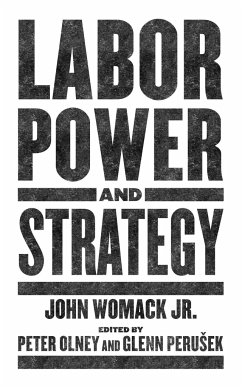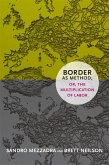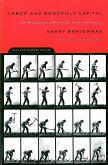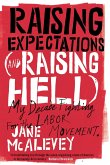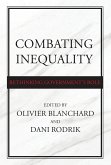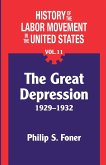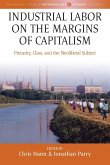"What would it take to topple Amazon? To change how health care works in America? To break up the media monopolies that have taken hold of our information and imaginations? How is it possible to organize those without hope working on the margins? In Labor Power and Strategy, legendary strategist, historian, and labor organizer John Womack, speaks directly to a new generation, providing rational, radical, experience-based perspectives that help target and run smart, strategic, effective campaigns in the working class. In this sleek, practical, pocket inspiration, Womack lays out a timely plan for identifying chokepoints and taking advantage of supply chain issues in order to seize and build labor power and solidarity. Interviewed by Peter Olney of the International Longshore and Warehouse Union -- Womacks lively, illuminating thoughts are built upon by ten young labor organizers and educators, whose responses create a rich dialogue and open a space for joyful, achievable change. With stories of triumph that will bring readers to tears this back-pocket primer is an instant classic." --Amazon.

